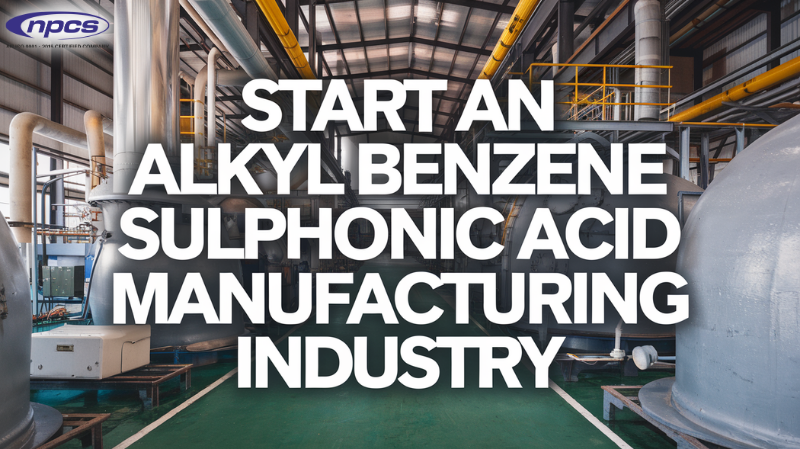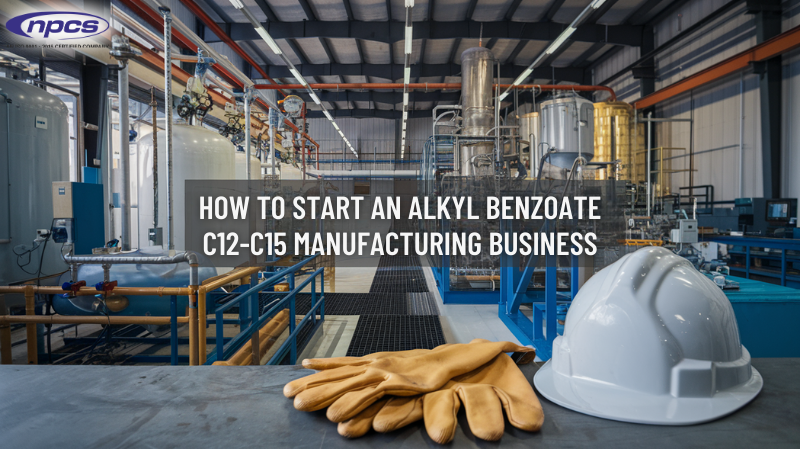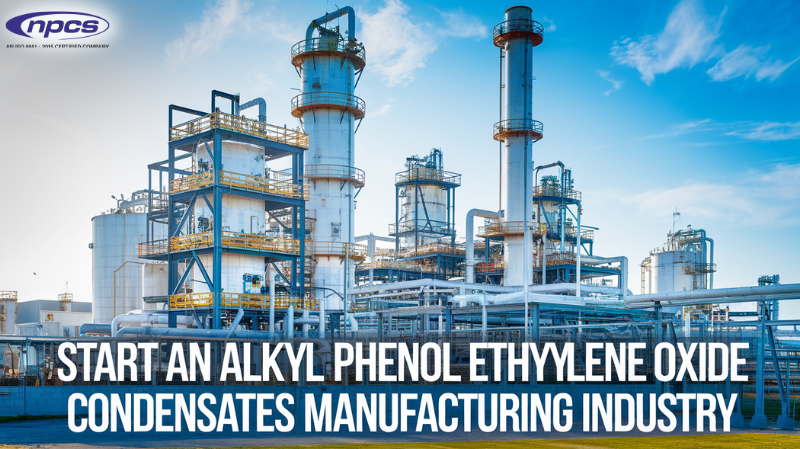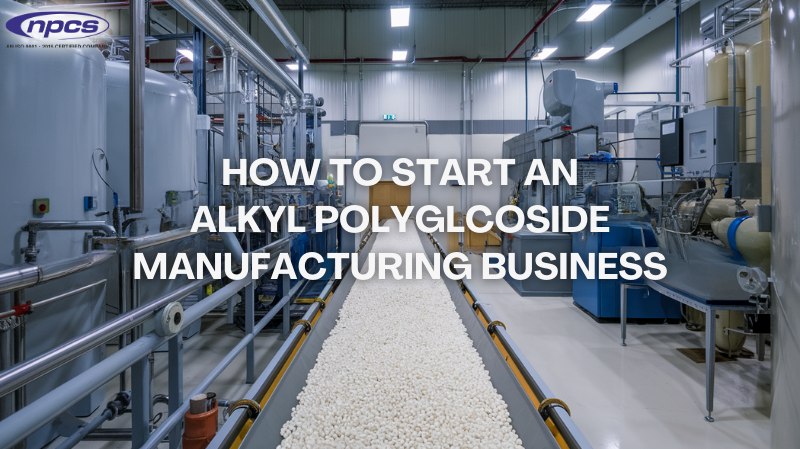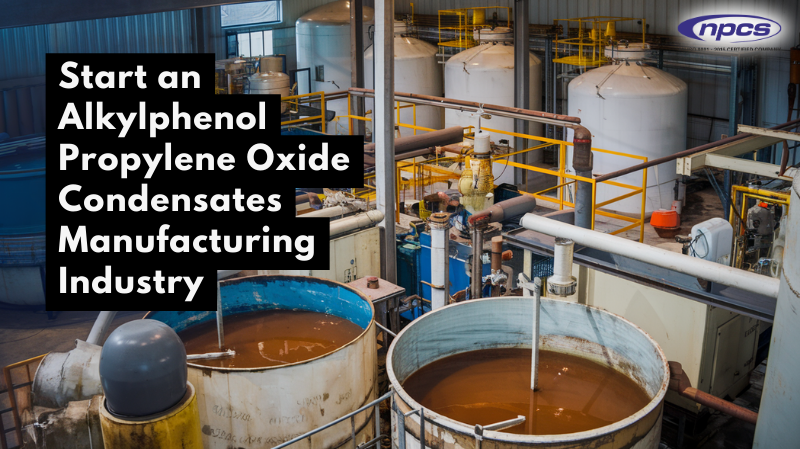The chemical Alkyl Benzene Sulphonic Acid (LABSA) is significant. It is a common surfactant in detergents all over the world. Cleaning and personal care products are becoming more and more in demand. For investors, LABSA manufacture has become into a lucrative enterprise. Effectively launching a LABSA manufacturing business is explained in this tutorial. It goes into great detail about manufacturing procedures and market analysis. This section also includes success suggestions and equipment requirements. To launch a profitable LABSA business, adhere to this guide.
What is Alkyl Benzene Sulphonic Acid?
The abbreviation for Alkyl Benzene Sulphonic Acid is LABSA. It is a typical thick liquid anionic surfactant. Efficient sulfonation of linear alkylbenzene (LAB) yields LABSA. Today, manufacturers use LABSA in the production of many home products. Companies routinely make biodegradable soaps and detergents with LABSA.Dishwashing liquids and industrial cleaning products contain it.
Why Start a LABSA Manufacturing Business?
The rationale for investing in LABSA plant is supported by a number of market factors
- Ever High Demand within Detergent Industry: Because LABSA is used in producing detergents and cleaning agents which are sectors with global constant demand.
- Broad Usage: Its wide usage enables LABSA to find uses even beyond detergents to agrochemicals, textiles, and industrial cleaners.
- Biodegradable Products Awareness: LABSA’s water solubility makes it well accepted as a product with a biodegradable component due to the current trends of ecological products.
- Regional Market: LABSA is available at a commodity level across every region stimulating and facilitating international trade and exports.
Join Us : Niir Projects Consultancy Services
Niir Projects Consultancy Services
Benefits of Starting a LABSA Business
- Increasing Demand: Demand for LABSA keeps increasing with the most obvious reason being cleaning products and increased industrial applications.
- High Product Applicability:Several industries use LABSA, which helps to ensure that your product will be useful in other industries.
- Scalability: Starting small or large scale shouldn’t bother you as production of LABSA can be increased as per the markets allowing doing so you can increase the scale of operations gradually.
- Sustainability: LABSA can decompose, hence it is a chemical that has a targeted market.
Top Applications of LABSA
Industrial usage of Alkyl Benzene Sulphonic Acid, LABSA, m595g dry ton facts:
- Detergents and Soaps: LABSA is one of the main ingredients in almost all household and industrial cleaning products, laundry powder and liquid soap just to mention, a few.
- Agrochemicals: In agriculture, LABSA is used as an active ingredient in some herbicides and pesticides formulations.
- Textile Processing: As a wetting agent and surfactant for textile and fabric processing.
- Industrial Cleaners: Factories and production units employ LABSA, a key component of industrial cleaners, to remove grime and dirt.
Production Methods
Before starting your LABSA manufacturing plant it’s important first to assess the production process. Below include a streamlined of the major procedures for production of LABSA:
- Raw Material Procurement: The most important raw materials are linear alkylbenzene (LAB) and sulfuric acid or oleum for the process of sulfonation. LAB is a petrochemical-based heterocyclic compound which is the key component in the manufacture of LABSA.
- Sulfonation Process: The sulfonation process is conducted using a unique reactor known as a sulfonator. Sulfuric acid/oleum sulfonates LAB to create LABSA. This exothermic reaction generates heat in a particular situation, so operators must regulate and control the atmosphere and pressure within the reactor at all times.
- Separation and Purification: After the reaction, a mixture is obtained containing LABSA and some by-products. Manufacturers obtain high purity grades of crude LABSA through filtration and distillation of crude LABSA containing unreacted materials and impurities.
- Neutralization (Optional): In specific instances, manufacturers subject LABSA to an alkaline agent such as sodium hydroxide to yield LAS, a popular synthetic detergent.
- Cooling and Storage: The LABSA is first cooled down and afterwards stored in purpose-built containers to maintain its condition and facilitate smooth transportation.
- Packaging: After cooling and storage, the LABSA is placed in drums or containers, and these are ready for transport and sale.
Related Business Plan: Chemicals (Organic, Inorganic, Industrial)
Essential Machinery for LABSA Manufacturing
All of the following machinery is very important for the construction of your LABSA manufacturing plant.
- Sulfonation Reactor: This is the zone of sulfonation reaction. It has to be made from corrosion proof materials and able to endure in temperature and pressure that is high.
- Cooling System: This is also important because it provides the necessary control of temperature during the highly exothermic sulfonation and helps in chilling the end product.
- Storage Tanks: The process requires special tanks to keep raw materials, such as LAB and sulfuric acid, as well as the end product, LABSA.
- Distillation Columns: It serves the purposes of removing impurities and unreacted materials from the LABSA to give a product of pure grade.
- Ventilation and Safety Systems: Adequate air circulation is important due to the presence of sulfuric acid fumes and fire systems as well as personal protective equipment (PPE) for the workers should be available.
Starting Your LABSA Manufacturing Business
1. Market Research
Assess the main end users such as detergent fillers, cleaning product manufacturers and other industries which need LABSA in any other use. Observe who the rivals are and what is the possible utilization of LABSA domestic or foreign markets near you.
2. Develop a Business Plan
An elaborate description of production, marketing, finance, and operations is an essential section of the business plan. This blueprint shall help you navigate your business development and also help in getting investors on board.
3. Regulatory Compliance
As LABSA is a chemical compound, there are a number of restrictions that one has to abide by. You will be required to apply for licenses and permits from city councils, environmental bodies, and safety boards. Invest in Materials that can help your Dummy Pharmaceuticals Facility Pass safety, environmental and health requirements in developing and solvent handling facilities.
4. Establish Manufacturing Infrastructure
Identify a site for your plant that has sufficient room for the installation of all required apparatus such as these sulfonation reactors, cooling units and storage tanks. Also, check that there is an appropriate ventilation and safety system as well as packing and distribution areas within the facility.
5. Procure Raw Materials
Have a reliable source of high-grade Linear Alkylbenzene as well as sulfuric acid or oleum. Signing long-term agreements with suppliers can help address the problem of delays in supply of raw materials.
6. Quality Control
Ensuring that there are strict quality control standards practices within the entire production phase. This helps ensure the best practices are used when producing LABSA in order to eliminate any possible contaminants hence making it fit for all its major uses.
7. Marketing and Sales Strategy
To be able to run a successful business in regards to the production of LABSA requires a robust marketing and sales plan. Talk to targeted potential customers like manufacturers of detergents, chemical and other users of surfactants. Protected domains, trade shows, and ads can prove helpful in promoting the product.
8. Research and Development
One of the strategies to keep the chemical manufacturing business on its toes is investing in R & D. Continuously look for methods of enhancing the production process, cutting down the costs and visible applications of LABSA . This will guarantee you that your business will always be in operation and there will be no competitors.
Conclusion
Starting an Alkyl Benzene Sulphonic Acid (LABSA) manufacturing business offers great potential in the growing detergent and chemical industries. By understanding the market, implementing proper production methods, and adhering to safety and regulatory standards, entrepreneurs can tap into this lucrative sector. Success in this industry requires continuous innovation, quality control, and strategic market positioning, ensuring that your LABSA products meet the evolving needs of various industries.

